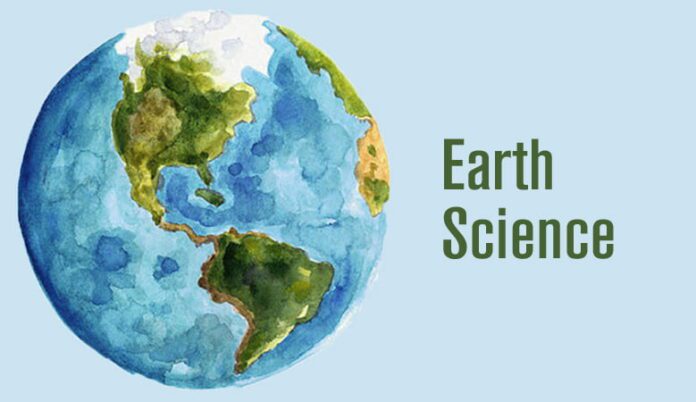Earth science is a broad field of science that encompasses the study of the Earth and its various components, including their physical structure, processes, history, and interactions with the rest of the natural world. It is an interdisciplinary field that combines elements of geology, atmospheric science, oceanography, and environmental sciences.
Geoscientists examine the Earth’s landforms, rocks, minerals, and soils to understand their formation and composition. They investigate the Earth’s atmosphere, weather patterns, climate change, and the interaction between the atmosphere and the Earth’s surface. They also explore the Earth’s oceans, studying their physical properties, ocean currents, marine life, and the impact of human activities on marine ecosystems.
In addition, geoscientists investigate natural hazards such as earthquakes, volcanic eruptions, tsunamis, hurricanes and landslides with the aim of understanding their causes, predicting their occurrence and mitigating their impact on humans. They also study Earth’s history, including the evolution of life, changes in Earth’s climate over time, and the formation and movement of continents.
Overall, geosciences play a vital role in addressing environmental challenges, promoting sustainable resource management, and understanding the Earth’s past, present, and future.
